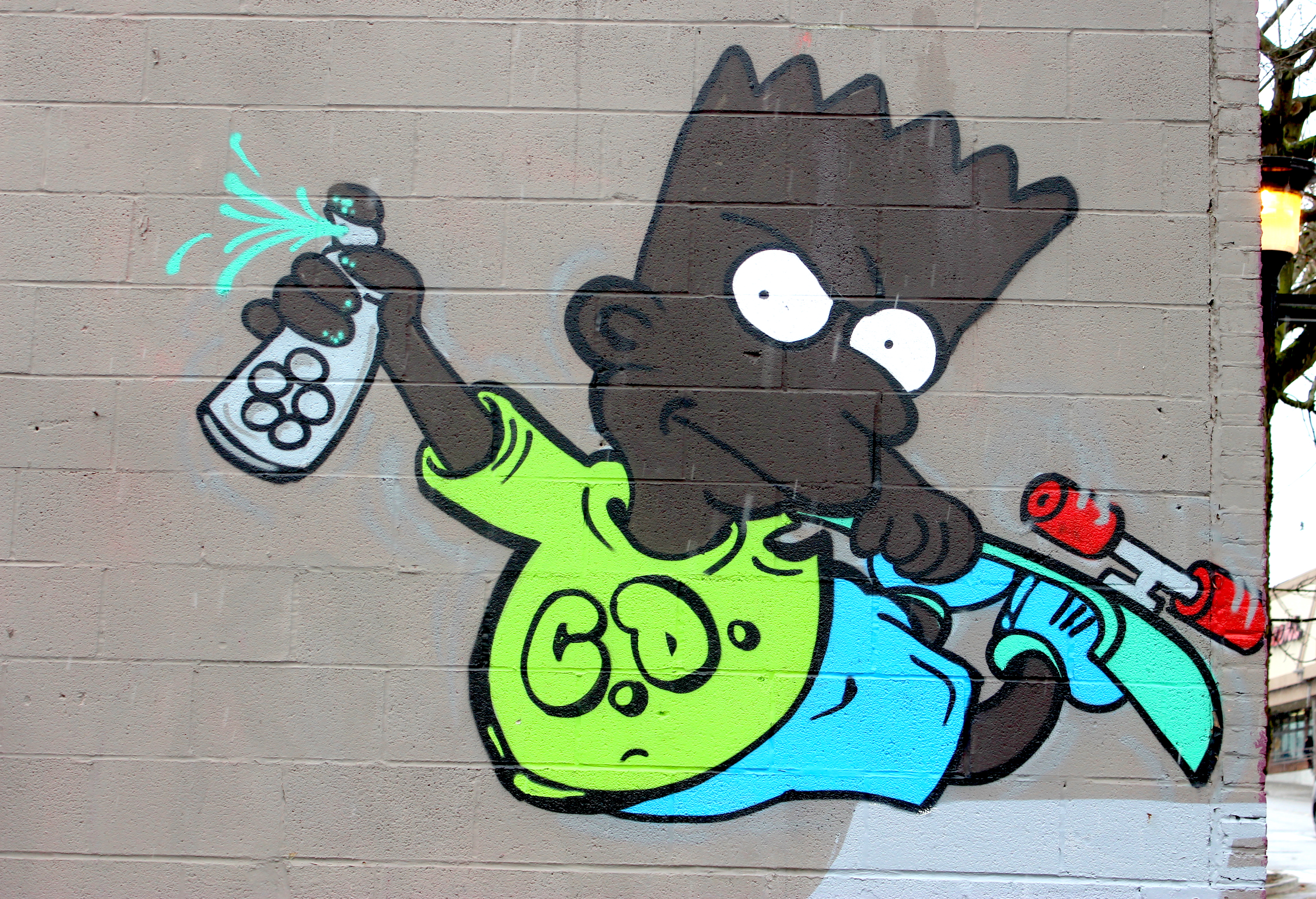It’s the first Friday of 2014, and history is being made inside the International Association of Machinists 751 Union Hall in South Seattle. Reporters are forbidden inside, left to contemplate the doors of the building, quietly perched between the Duwamish River and a row of factories.
An hour after the vote tally was scheduled to come in, the doors burst open.
“Boeing fucked us!” the first man through says.
The crowd outside waiting to hear the future of Washington state is split in two by the man’s stiff arm. Ripping his Machinists 751 jacket from his back, he heads directly to the parking lot, gets in his car, and leaves. The torrent of workers that flows out follows a similar pattern.
“That was fucked up.”
“Deplorable.”
“There goes our future.”
After two contracts, two months of handwringing, and an $8.7 billion tax break, the vote came in: 51 percent of the machinists voted yes. The 777x airplane will be built in Washington.
In exchange, Boeing machinists’ hard-fought pensions will be frozen in 2016 and will switch to an employer-contribution plan. The first time Boeing proposed the contract, in November, it was soundly rejected, with 67 percent voting No. In response, Boeing began to woo out-of-state locations as potential build sites, threatening to take its business—a central engine of Washington’s economy for 100 years—elsewhere. In the meantime, it offered a second contract. There were improvements. While the first contract specified that workers would not advance to peak pay for 16 years, the second contract walked left the promotion timeline at its current six years. But the new contract still eliminated the company’s pension, introducing instead a Boeing-funded savings account for each worker, in addition to a slight 2 percent raise in the company base pay match for the 401(k) plan.
This time, the machinists who stood in two-hour lines at union halls in Seattle and Everett voted Yes—a conclusion confirmed after three recounts just to be sure.
Now Stephanie Lloyd-Agnew is on the phone. She is slowly shaking her head. Earlier, before the results were announced, she told me that she feels powerful when she builds airplanes. “When you look up at something so much bigger than yourself, something that millions of people will board that you built—that makes me feel powerful,” she said.
She does not look like she feels powerful right now. She is hunched over and her hands are covering her face.
“We went down, brother,” she says into her phone now. “We lost.”
For 24 years, Lloyd-Agnew has worked for Boeing assembling planes on the factory floor. On November 5, when Boeing announced its surprise contract—pushed on the machinists before their previous contract had even expired—Lloyd-Agnew got active. She engaged. She headed to Olympia that month and lobbied legislators to approve the biggest state-tax subsidy given to a private corporation in U.S. history.
“They don’t know how hard that was,” Lloyd-Agnew says. “We went out there and got Boeing the money. We knocked on doors.”
She thought it would be enough. But it wasn’t. “People won’t know to fight this sort of oppression in the future if we accept this,” she says. “If people 20 years ago had sold out, I wouldn’t be here. We did it for future generations.”
The walls of the union hall are decorated with labor-battle histories: buttons proclaiming that their bearers “Held the Line in ’69.” Pictures of clenched fists. An aphorism on a laminated sheet sits squarely in the middle of the memorabilia:
The past we inherit,
The future we build.
For many of the machinists in the union hall tonight, the future being built now is troubling. Lyle Carpenter, standing outside the hall on the corner, is one of them. “I have never seen anything more despicable.” He says it once more for posterity.
Carpenter is a union steward for IAM 571. He tells me he never should have come to the second vote: “Make absolutely no goddamned mistake about it. We have just witnessed the downfall of the middle class.”
“Despicable,” he repeats.
Boeing earned record profits last year. They have $400 billion in backlog orders. For IAM 751 leaders, Boeing’s claim that it had to cut traditional pensions to stay competitive in the market flew in the face of the hard numbers.
But with a No vote potentially meaning no more jobs period, the contract passed. The Yes voters left the hall quietly. One told a friend he had “mixed emotions.”
“At least we can keep working,” he said. “It doesn’t feel great, though.”
At 10:30 p.m., a half-hour after the votes came in, the last woman out of the Union Hall is in tears. She quietly hugs the woman holding her up, and sulks off into the dark. E
ksears@seattleweekly.com








